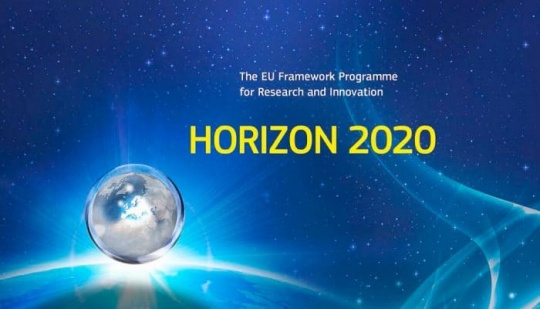Part one here.
In Article 22 of the Horizon 2020 Annotated Model Grant Agreement, the European Commission (ED) reserves its right to carry out checks, reviews, audits and even fraud investigations to verify that beneficiaries fulfil their obligations under the agreement. If errors are found during checks or audits, the consequences can be grave and include the rejection of costs, a reduction of grants and additional checks, or even a fraud investigation. Such dire consequences are best avoided by getting the financial management of H2020 grants right from the start – and in the project proposal.
Errors in the financial management of H2020 grants can have dire consequences
Under the Horizon 2020 Grant Agreement, the EC reserves the right to carry out checks at any time. If there are doubts about whether beneficiaries are in compliance with their obligations under the grant agreement. The EC – or its external agencies and auditors – may drill deeper and carry out a more comprehensive review, an audit or even launch a full-blown fraud investigation. About a third of H2020 grant audits are carried out on randomly selected projects, making an audit a realistic possibility. Beneficiaries should therefore make sure to avoid errors that result in
- reduction, suspension or termination of grants
- rejection of costs, which may force beneficiaries to repay of EU funding already spent
- financial penalties
- fraud investigations by the European Anti-Fraud Office (OLAF)
- criminal proceedings due to suspicion of fraud at the national level.
Most frequent errors when claiming costs under H2020
The European Commission aims to keep the error rate of claiming costs under H2020 as low as possible. This is to strengthen the reputation and therefore EU states’ willingness to fund the Horizon 2020 programme. Moreover, a lower error rate will reduce the administrative burden of having to recover funding unduly paid. The H2020 Annotated Model Grant Agreement, therefore, offers advice on how to avoid the most common errors. But what are the errors grant holders should watch out for in particular?
On the basis of H2020 audits carried out by October 2019, the European Commission analysed the types of errors in H2020 ex-post audits. Over 70% of errors were linked to personnel costs. Three types of errors are particularly widespread: the time spent working on the action was not correct, the productive hours calculated incorrectly and incorrect remuneration costs/personnel unit costs were claimed. Some audits also identified cases of double charging or double funding of personnel costs. In some cases, adequate supporting documentation such as timesheets was missing. Errors like these can and should be avoided.
Incorrect cost claims might also disadvantage beneficiaries
The H2020 AMGA illustrates three options for calculating personnel hours, i.e. on the basis of a fixed number of hours, on the basis of individual annual productive hours, or on the basis of standard annual productive hours. Beneficiaries may also use different approaches to calculating personnel costs for different types of personnel. But how do you know the difference? What sounds simple becomes pretty complex, especially as the size of projects and the number of H2020 project partners increase.
Instead of focusing on the implementation, beneficiaries spend considerable time trying to get to grips with the financial management of H2020 grants. Or worse, they may put the issue aside to be revisited later and focus on what they know best: the technical and scientific aspects of the H2020 project. However, it is in beneficiaries’ best interest to understand personnel costs. More often than not beneficiaries fail to claim all eligible personnel costs possible – to their own disadvantage.
Getting financial management of H2020 grants right from the start
With its unique expertise in H2020 fund management and the H2020 auditing process, EFMC offers H2020 & Horizon Europe consultancy services and training which will help you avoid common pitfalls. With its EC audit simulation and EC audit stress test, EFMC looks at your processes from the perspective of an EC auditor, helping you audit-proof your processes. This will give you the reassurance that you will meet your obligations as a beneficiary. The prospect of an audit or other kinds of checks will no longer worry you.




